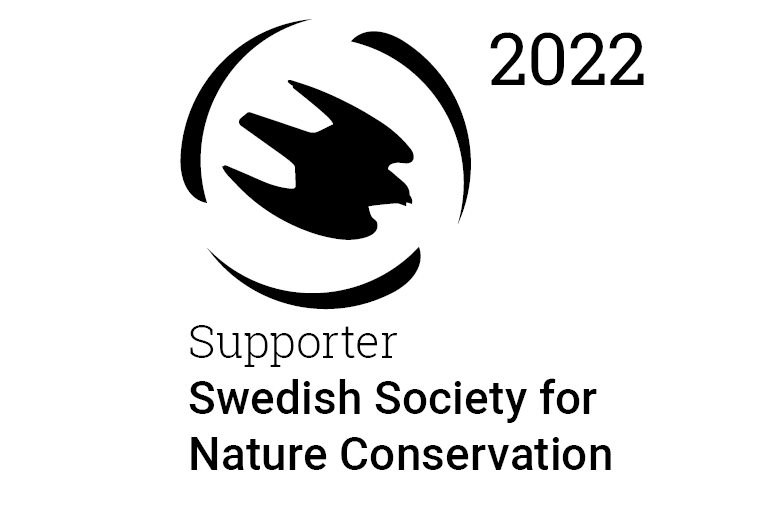News Details

European Parliament agrees on further limitations on POPs
New regulations will be established for the EU for some persistent organic pollutants, according to a news release from the European Parliament on October 4, 2022. (POPs). The new regulations will make sure that EU laws support the circular economy and EU Green Deal.
According to the European Parliament, there will be reduced limitations for:
-
POPs in waste
-
The chemical perfluorohexane sulfonic acid is a recent addition (PFHxS)
Companies looking to obtain and employ recycled materials for their products must consider the decision's ramifications. Waste having too high amounts of POPs must be destroyed or incinerated and cannot be recycled in order to maintain the cyclic lifespan of items.
With 534 votes to 25, and 66 abstentions, MEPs approved the new rule. The new regulations will go into effect six months after they are published in the EU Official Journal after being formally adopted by the council.
After the European Commission proposed new restrictions under the EU's POPs Regulation in 2021, Members of Parliament (MEPs) and member states temporarily agreed to modify the standards. The Council had requested higher restrictions and later application dates, although the European Parliament had initially advocated for lower limits than those put forth by the EU executive.
The new threshold levels are:
-
For polybrominated diphenyl ethers, 200 mg/kg (PBDEs). Five years after the law's enforcement, the new restriction will take effect. The cap is now set at 500 mg/kg, and after three years it will be reduced to 350 mg/kg. presently, it is set at 1,000 mg/kg;
-
1 mg/kg for perfluorooctanoic acid (PFOA) and its salts, and 40 mg/kg for PFOA-related compounds
-
Polychlorinated dibenzo-p-dioxins and dibenzofurans (PCDD/Fs) have a toxic equivalency quotient (TEQ) of 5 micrograms (g) per kilogramme (TEQ/kg), which will take effect one year after the regulation's effective date and have a transitional value of 10 g in the interim. PCDD/Fs are now restricted to 15 g/kg.
-
40 mg/kg for PFHxS-related compounds and 1 mg/kg for PFHxS and its salts. Five years after they become effective, these values will be evaluated. This chemical was included during the trialogue process after being listed in the Stockholm Convention on June 9; it was earlier excluded from the Commission's recommendation.
-
Hexabromocyclododecane (HBCDD) have a limit of 500 mg/kg, which will be reduced to 200 mg/kg five years after the regulation goes into effect;
-
500 mg/kg for polybrominated diphenyl ethers (PBDEs), which will thereafter be reduced to 350 mg/kg three years after the regulation enters into force and again to 200 mg/kg after five years; and
-
Short-chain chlorinated paraffins (SCCPs) are subject to a 1,500 mg/kg limit with a five-year review period.
The vote demonstrates the European Parliament's "commitment to the implementation of the Stockholm Convention, which is clear: the only way to deal with POPs which are one of the most dangerous chemicals we know - is to work toward eliminating them," according to report author Martin Hojsk, a Renew Europe MEP.
We acknowledge that the above information has been compiled from Europe.


